Want to know How to Start a Budget Vegetable Garden for Less than $10? It might sound like a difficult task but trust us, it’s not! Here are the best tips.

If you are on a limited budget, then read about everything on How to Start a Budget Vegetable Garden for Less than $10?
Check out budget garden makeover tips here
How to Start a Budget Vegetable Garden in Less than $10?
1. Start Vegetables from Kitchen Scraps
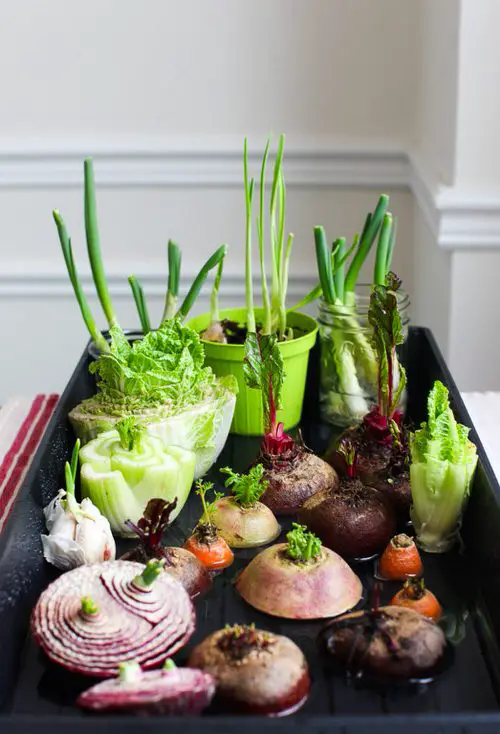
To start a vegetable garden, you don’t have to go and buy transplants. Have them for free right in your kitchen!
So, if you have got leek, lettuce, spring onions, beets, carrots, potatoes, herbs, celery, or garlic shoots from a farmer’s market or grocery store, then you can quickly regrow them from scraps and enjoy a fresh harvest.
Check out the vegetables you can grow from slices and scraps here and here
2. Get Containers for Free
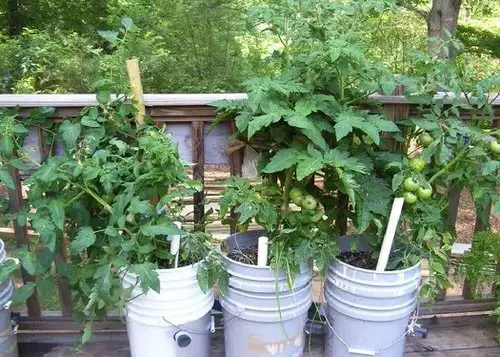
If you live in an apartment, then container gardening is the only valid option to grow veggies at home. Pots can be expensive and burdensome if you wish to have an extensive kitchen garden.
So, what could be the solution? Easy! Look out for places like construction sites, garden centers, restaurants, craigslist, bakeries, and in your home for items that can be your plant containers. You can easily find buckets, tin cans, boxes, empty jars, and food containers for free.
We have a fantastic article on getting free gardening containers here
3. Prepare Compost on Your Own
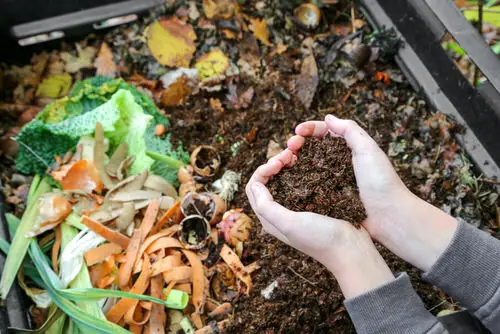
Making your own compost for a vegetable garden will save you plenty of bucks, and it is also a brilliant way of reusing kitchen waste.
It is pretty simple to start composting by using vegetable peelings, cardboard, egg cartons, tea bags, fallen leaves, and eggshells.
Learn the art of composting in a small space here
4. Use Seeds for Propagation
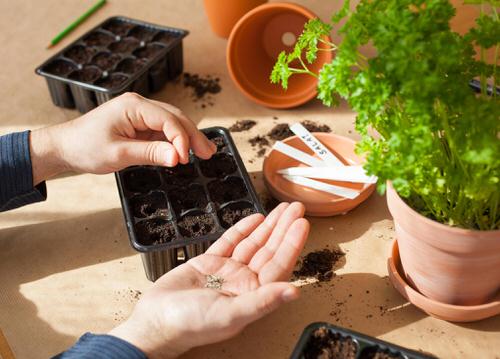
Having transplants from the nursery is the easiest and quickest way to start your vegetable garden, but it can be expensive if you’re on a budget. You can save quite a bit of money by propagating plants from seeds. Growing from seeds will also allow you to select from your favorite variety.
Choose seeds for vegetables that you consume most and those that grow fast.
You can also find free seeds in your pantry. Learn more here.
5. Swap Seeds and Plants
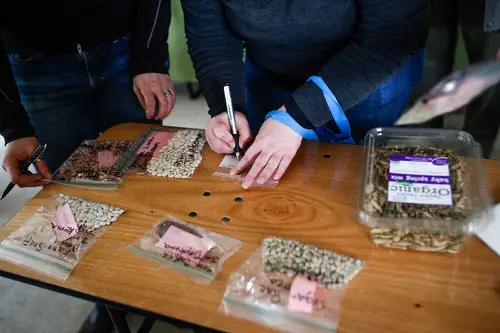
Many seed packets will be more than you require for the first year, and you can swap them for plants or other seeds for free with your friends or online.
To learn how to do this, read our helpful guide here
6. Raised Beds on Budget

For preparing raised beds, you can use bricks—it will be an affordable option. Stone gabions are also great and you can get them for cheap or even free.
You can also make the raised bed from long slender branches by weaving them between stakes and creating wattle fence walls. Cover these walls with burlap for holding the soil— garden cloth can also be used.
Jute bag raised beds are also good—simply fill burlap sacks or jute bags with soil and place them in the sun. Concrete blocks, sandbags, tree trunks, logs, and corrugated steel can also be used to create raised beds. HERE ARE THE BEST FREE RAISED BED IDEAS–SEE THEM!
Here’s an awesome video on how to make a raised bed for $15!
7. Make Your Own Fertilizer
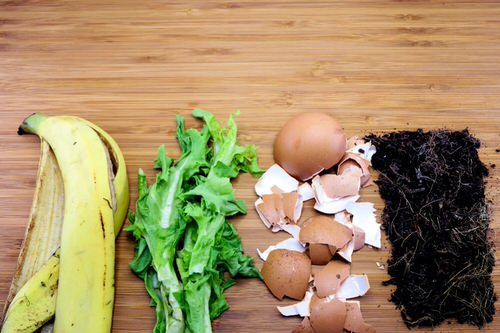
Do you know that using grass clippings, kitchen scraps, tree leaves, coffee grounds, eggshells, and banana peels, you can make your own homemade fertilizer for growing the tastiest vegetables?
These are organic, work great, are really cheap, and almost free!
Here’s a great video on how to make organic homemade fertilizer
You can also check out our article on the best homemade fertilizers for free here
8. DIY Potting Mix
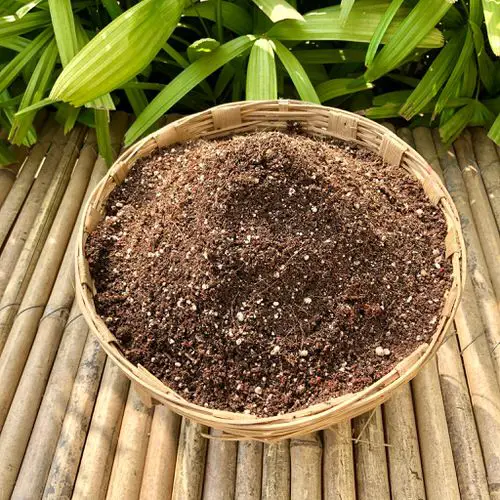
Seed starting or potting mixes are expensive and if you plan to grow multiple plants, then they can be out of your budget.
But don’t worry! The good news is that you can easily DIY at home by using leaf mold, composted wood fiber, cat litter, coco peat, perlite, and cow or horse manure.
Have a look at how to make your own potting soil for vegetables here
9. Use Burlap Sacks
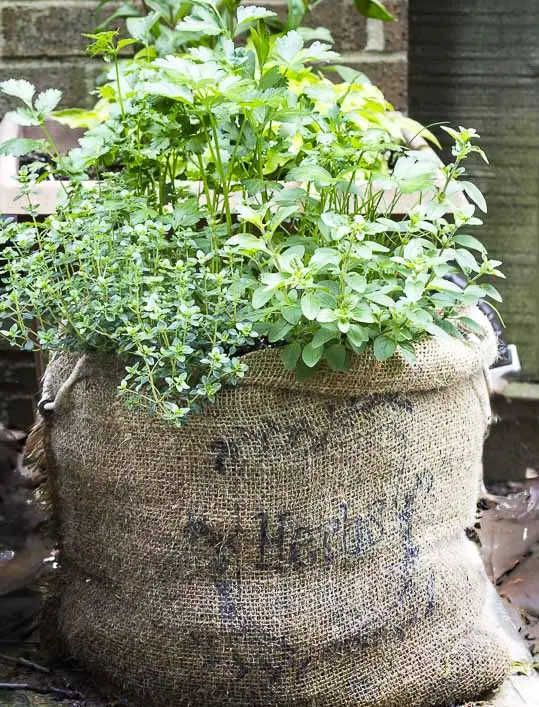
Burklaps sacks are great for growing root vegetables like potatoes, carrots, sweet potatoes, radish, ginger, and onions. You can also use them to grow lettuce, tomatoes, and peppers as well.
They are cheap and you can also get them for free in some places.
As they are made from the skin of the jute plant, they are also environmentally friendly and biodegradable.
10. Make Your Own Trellis for Climbing Vegetables
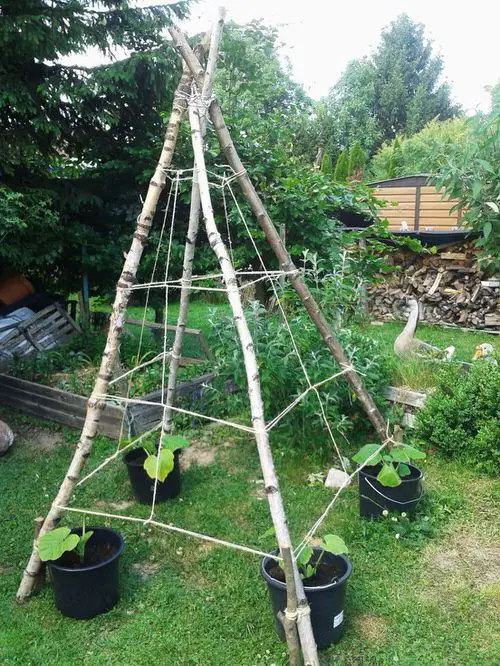
Getting a ready-made trellis for climbing vegetables can be a costly affair. Don’t worry! You can make them easily at home using twigs, ropes, bamboo sticks, and plastic poles.
Have a look at the best trellis ideas here
11. Use Cuttings
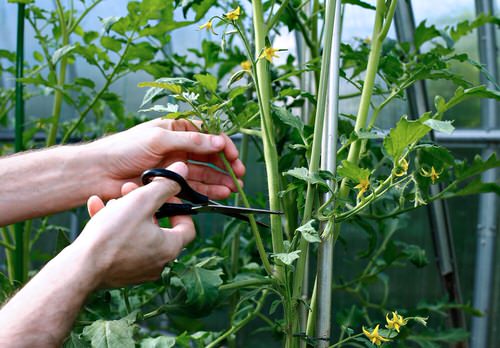
Yes! It is possible to grow vegetables like tomatoes, zucchini, cucumber, bitter melon, eggplants, and more from just cuttings.
So, if your friends have these plants in their garden or home, you just need to snip off 4-6 inches of stem from them, and voila! You will have your own vegetable plants!
Plant the cuttings in a well-draining growing medium, keep the soil moist, and follow all the usual procedures you do while growing plants from cuttings.
Here are the best Vegetables that Grow from Cuttings
12. Make Your Own Watering Can
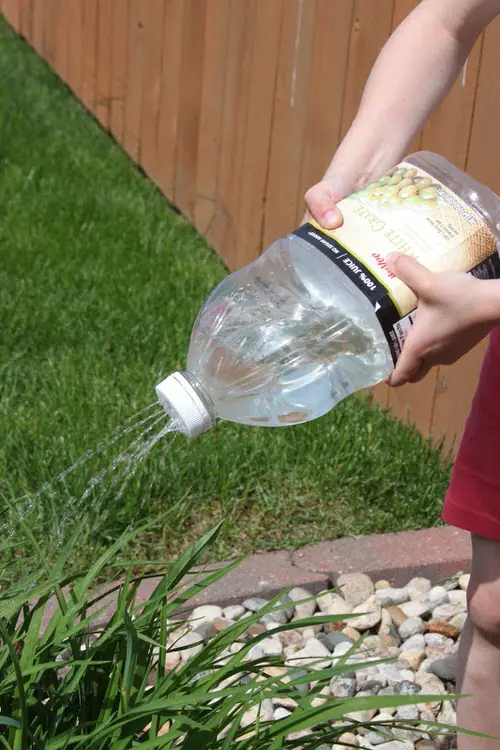
Instead of buying expensive watering cans, it would be a good idea to make your own for free using plastic bottles, jars, milk cans, juice, or soda bottles.
Here are some easy DIY watering can ideas you can make for free
13. Start Seeds in Free Pots
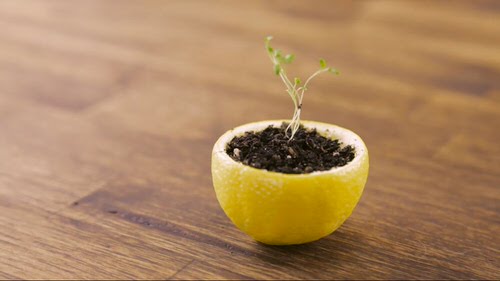
If you are planning to start seeds, then you don’t have to buy small seed starting trays or pots for them—start them in egg cartons, citrus peels, egg peels, newspapers, toilet paper rolls, and even ice cream cones–the options are unlimited and friendly to nature. for free. These are also biodegradable, which means you can directly transfer both seeds and pots to the garden.


